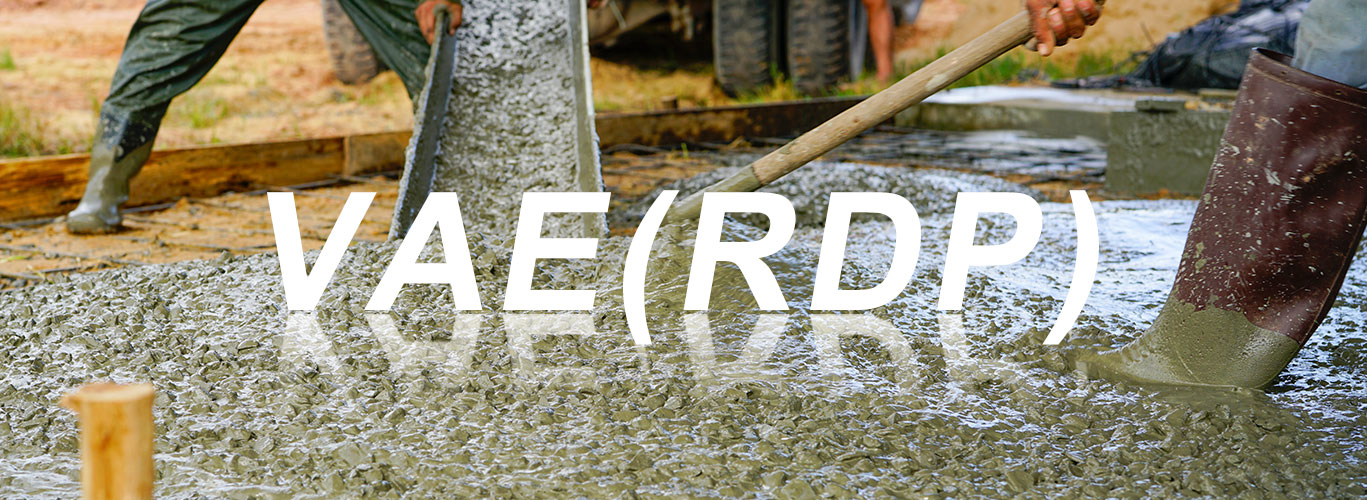
Redispersible Polymer Powder (RDP): The Flexible Skeleton and Anti-Cracking Guard of Dry-Mix Mortars
2025-10-23 19:12In modern construction, movement in structures and materials—whether due to thermal expansion/contraction, wind vibration, or foundation settlement—is inevitable and poses a cracking risk to traditional rigid mortars and concrete. To achieve long-term stability and crack resistance in finishing systems, materials must possess "flexibility." Redispersible Polymer Powder (RDP), especially the RDP based on polymers like VAE, is the critical polymer additive that provides dry-mix mortars with this essential high flexibility and crack resistance.
Core Function: Building a Rigid-Flexible Composite System
The core value of RDP lies in its creation of a composite microstructure that combines rigid (cement-based) and flexible (polymer) components.
Polymer Network Formation: When RDP powder disperses in water, the polymer particles fuse upon water evaporation, forming a continuous, uniform, and elastic polymer film network between the cement grains and aggregates in the mortar.
Stress Distribution and Cushioning: This flexible network acts as a "shock absorber" inside the mortar. When the mortar is subjected to external stress (such as stress caused by temperature changes), the polymer film can absorb and distribute this stress, effectively preventing the propagation of micro-cracks caused by stress concentration, thus significantly improving the material's crack resistance.
High Flexibility Performance Upgrades Provided by RDP
The high flexibility that RDP imparts to the mortar brings the following indispensable performance enhancements:
Significantly Increased Flexural Strength: RDP enhances the material's ability to resist bending deformation, allowing the mortar to maintain integrity even under considerable flexure or shear force.
Excellent Crack Resistance: In External Wall Insulation Systems or large-area flooring applications, RDP is essential for combating substrate shrinkage and thermal stress. It transforms potential critical cracking into minor deformation, preventing catastrophic macroscopic cracking.
Enhanced Adaptability to Special Substrates: Traditional mortars struggle to bond effectively to non-absorbent or deformable substrates like wood, metal, or old tiles. The high flexibility provided by RDP allows the mortar to accommodate the minor movements of the substrate, achieving long-lasting flexible bonding.
Typical Applications: Flexible Finishing and Repair Mortars
RDP is central to many dry-mix mortar formulations that require high flexibility and durability:
Flexible Tile Adhesives: For large-format, low-absorption, or high-rise building tile adhesives, RDP is key to guaranteeing crack resistance and anti-slip performance.
Exterior Finish Mortars: In External Thermal Insulation Composite Systems (ETICS), RDP ensures that the basecoat mortar can withstand extreme temperature variations and associated stresses.
High-Performance Repair Mortars: RDP gives repair mortars the flexibility needed to match the movement of the old concrete substrate, preventing re-cracking in the repair zone due to rigidity differences.

